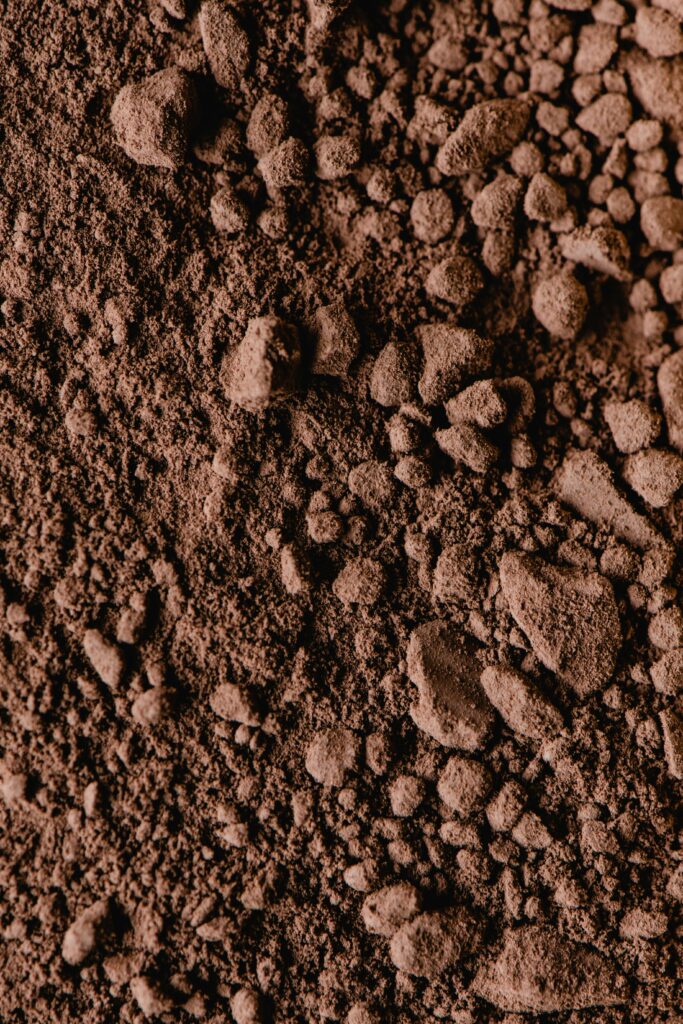Creating your own soil mixes can be a rewarding and cost-effective endeavor for gardening enthusiasts. By blending various components like compost, peat moss, perlite, and vermiculite, tailored to the needs of your plants, you not only save money but also gain control over the quality and nutrient content of the soil. Here are three effective cost saving strategies to help you cultivate a productive garden by incorporating a soil strategy into your vegetable garden
1. Compost and Mulch for Free Fertilizer
Composting kitchen scraps and yard provides you with nutrient-rich compost that can enhance your soil quality at no cost. Additionally, using grass clippings, leaves, or straw as mulch helps retain soil moisture, reducing the need for watering and suppressing weeds.
2. Create Your Own Soil Mixes
Instead of buying expensive commercial soil mixes, make your own. A basic mix can include garden soil, compost, and sand or perlite for drainage. Adding additional nutrients such as manure, bone meal, blood meal, sea compost, or composted bark can really up your soil game. In the long run, making your own soil mixes allows you to customize the mix based on your plants’ needs and save significantly on soil costs.
3. Take Advantage Of Local Compost Giveaways
Compost giveaways are as good for the environment as they are for your pockets. They help promote sustainable waste management by diverting organic matter from landfills, reducing greenhouse gas emissions, and enriching soil health. Compost enriches soil fertility by providing essential nutrients for plant growth, resulting in healthier and more robust vegetation. Additionally, it improves soil structure, enhancing water retention and aeration, which reduces the need for irrigation and promotes drought resistance. You don’t need to be a math wizard to figure out that less water usage equates to a lower water bill!
When cultivating a thriving vegetable garden, crafting your own soil mix and collecting free compost allows for cost savings and sustainability, ensuring healthier plants and a greener wallet in the long run.

